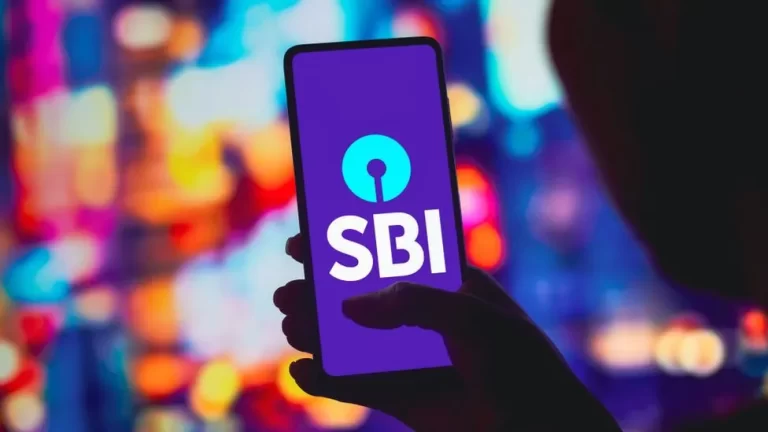India's Supreme Court has given a government-run bank one day to disclose details of a controversial scheme that allowed people and companies to make anonymous donations to political parties.
The State Bank of India asked for more time but must share data with election officials by the end of Tuesday. It will also have to publish the details on its website by Friday.
The court struck down the scheme last month, calling it “unconstitutional”.
The ruling comes days ahead of an expected announcement setting the dates for the general election and will be seen as a setback for Prime Minister Narendra Modi's Bharatiya Janata Party (BJP), which has been the largest beneficiary of the system.
His government had launched the electoral bonds scheme in 2018, saying it would make political funding more transparent. But critics say it did the opposite instead and made the process more opaque. Donors could buy the bonds in fixed denominations – 1,000-10 million rupees (about $12-$121,000; £9-£94,182) – from branches of the SBI and give them to political parties to be encashed.
In its February order, the Supreme Court had directed the SBI not to issue any more such bonds, to provide details of those who bought them, and to give information about bonds redeemed by each political party to the Election Commission by 6 March.
But two days before the deadline, SBI filed a petition seeking an extension until 30 June, arguing that “matching of information to ascertain who contributed to which political party is a time-consuming process”.
On Monday, the Supreme Court dismissed the plea and said it was putting the bank “on notice” that it might be seen as wilfully disobeying the court's order if it didn't comply with the timeline to share the information “by close of business” on Tuesday.
The bank said it had details of the donors and the denominations of the bonds, as well as which party redeemed how much when, but that these were in “separate silos”. The court has asked the SBI to “disclose information already available to it” – that means that it may not be possible to look at the data and immediately understand who donated how much to which party.
Critics of the electoral bond scheme had challenged it in the Supreme Court, calling it a “distortion of democracy”. The government had defended the policy, saying it was introduced with the aim of eliminating cash donations to political parties as much of India's elections are funded through private donations.
The court, however, ruled that the scheme violated citizens' right to access information from the government. Monday's developments occurred as a separate controversy is raging in India over the surprise resignation of a top election official, days before poll dates are expected to be announced.
The resignation of Arun Goel, the second-highest officer in the election commission, was announced on Saturday. No official reason has been given for his departure yet, but the opposition has questioned the timing and asked Mr Modi's government to explain the actual reason for Mr Goel's exit.
His departure means the commission currently has only one of three mandated members – chief election commissioner Rajiv Kumar. Mr Modi's party is hoping to win a third straight term in the general elections due in the next couple of months.
— CutC by bbc.com


